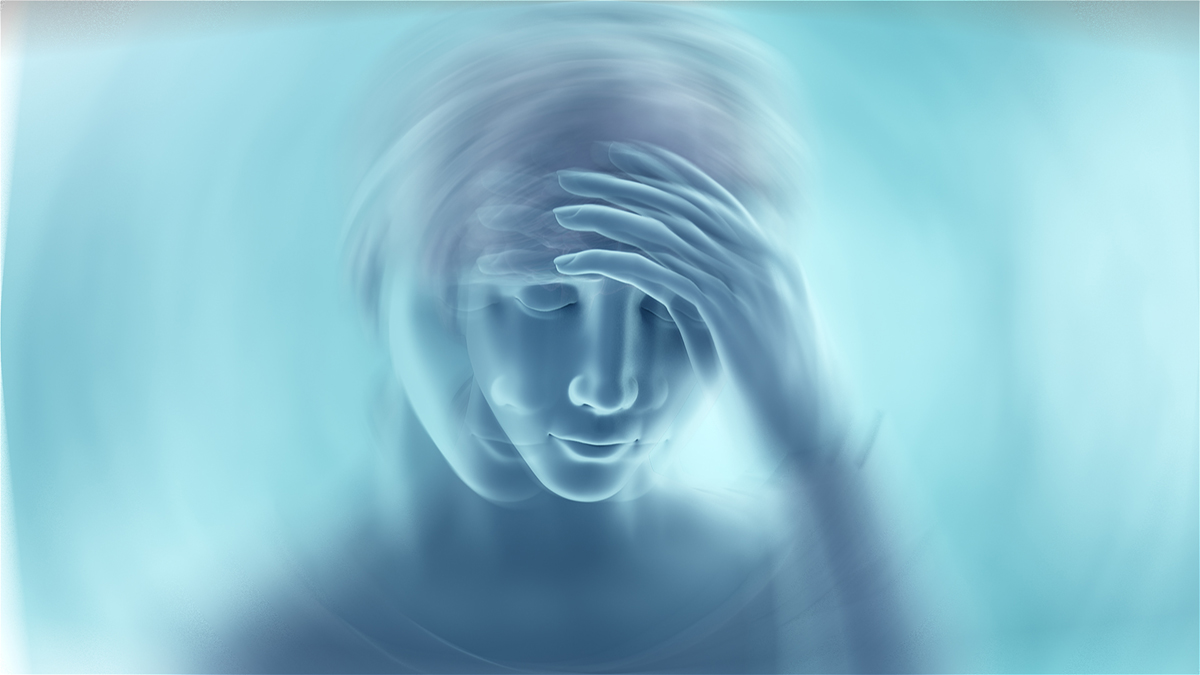
Introduction
There are many variations of the condition called vestibular neuritis. This condition can occur as attacks of vertigo (many or just one), or as a paroxysmal. If a person suffers from this condition the most usual symptoms includes vomiting, nausea and infections of upper respiratory track. Inflammation of the vestibular nerve produces a condition called eye nystagmus.
Diagnosis and the treatment of Vestibular Neuritis
Since this condition can be caused by a number of reasons, there are many possible treatments. Because of this a proper diagnosis has to be made, and a proper examination needs to be performed. Conditions like cerebral stroke or brainstem can cause similar symptoms so doctors have to be careful. Examination cannot be done by a physical examination only, and MRI scans will have to performed in order to receive diagnose. As for the most common symptoms caused by this condition, unsteadiness and spontaneous nystagmus are some of the problems experienced. Remember that, if you detect some problems with vision on one side the problem with vestibular neuritis is located on the other side. This is called Alexander's law. Problems like skew deviation and double vision can also occur and generally the problems with this condition can be very persistent.
Sometimes the symptoms may remain even after a month. If this happens, some additional test will have to be performed. Tests like ENG and audiogram are performed in order to examine the problem more closely, because ENG detects the motion response of one ear, while audiogram will determine if the cause of the problem is vestibular neuritis. Complications are possible and sometimes this condition can evolve into chronic, if the vestibular nerve is damaged. There is a possibility of vestibular rehabilitation therapy which is used if the symptoms remain. Since the damaged nerve sends signals to the brain, this therapy will help your brain to disregard those signals. This is done by physical exercising.
Symptoms of Vestibular Neuritis
We have mentioned several symptoms already. The emotion of moving environment while you are still, is named vertigo, and this is one of the symptoms. Vertigo generally is experienced very sudden and often there are no signs before the occurrence. Problems which include retching and nausea can be induced by vertigo, because of the severity. After some time, this problem will decrease but sometimes the vertigo can produce problems for one or even two days constantly. This is connected with very serious cases. Vestibular neuritis can produce problems such as ringing sound and loss of hearing. This condition is similar to labyrinthitis, with the difference that the inflammation is in the inner ear canal while in vestibular neuritis the inflammation is on the vestibular nerve.








-Causes,-Symptoms,-Diagnosis,-Treatment_f_280x120.jpg)








Your thoughts on this
Loading...